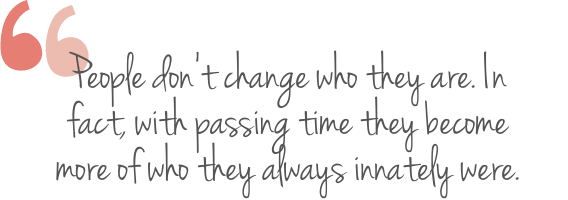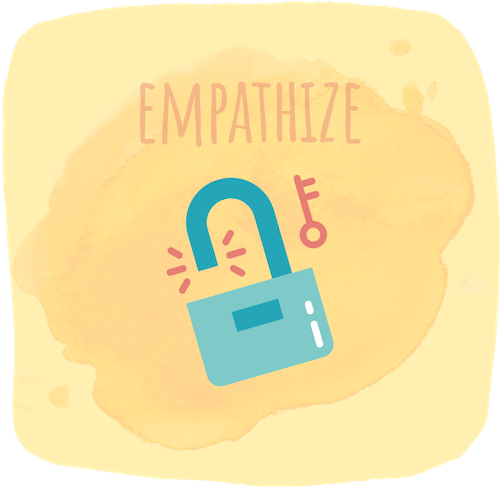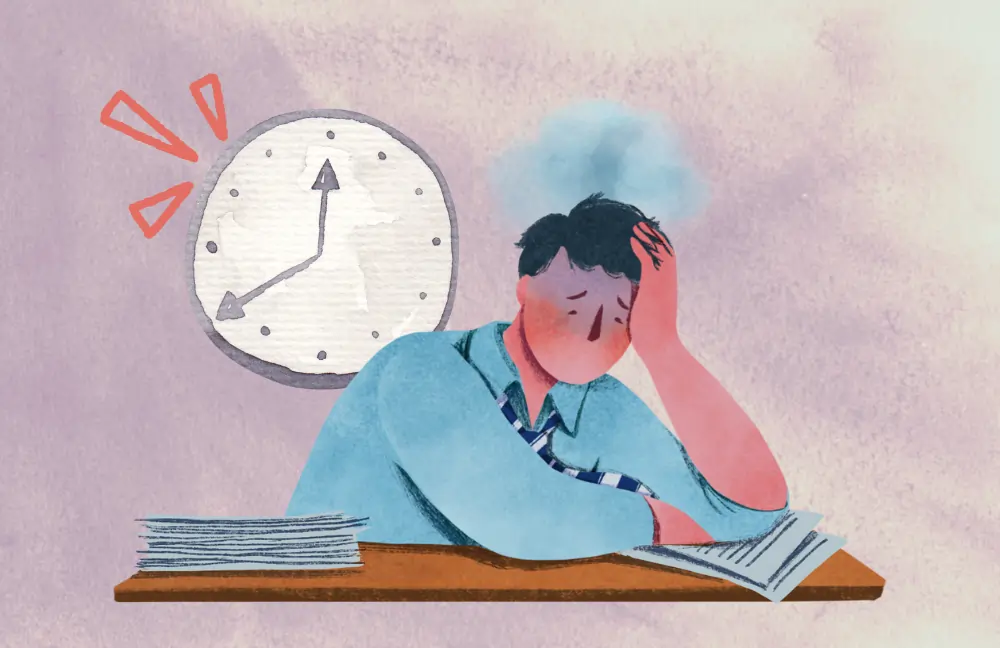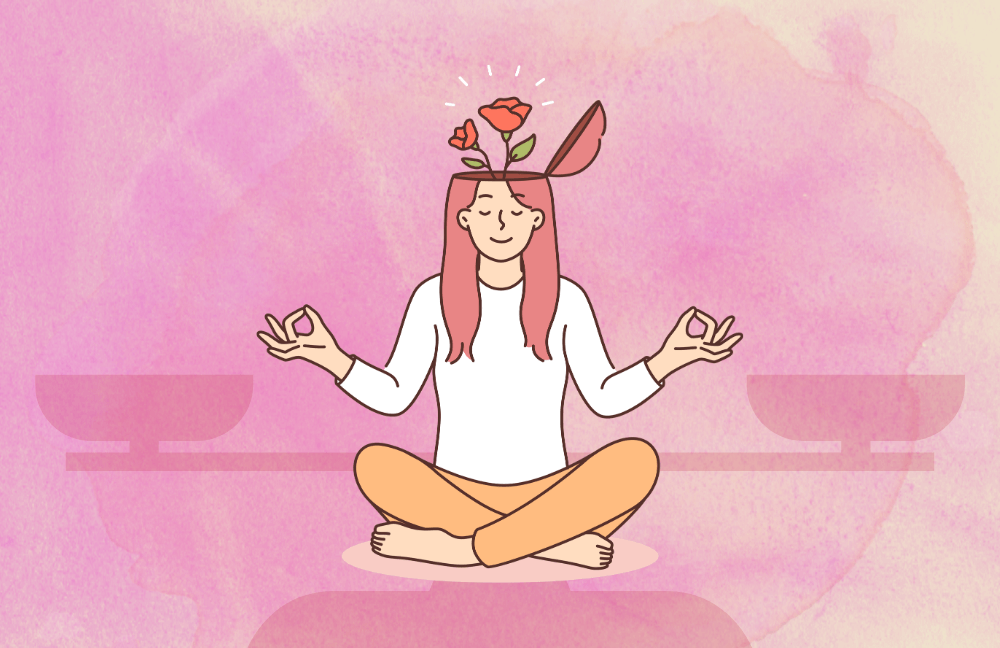Compatibility in Couples
What is Couples Compatibility?
Compatibility in couples implies that both partners understand and accept each other’s life philosophy and goals. It is obvious to them and those they know; that they genuinely enjoy being around each other without a constant obsession about what they want to change within their partner. There is bound to be conflict in every relationship.
Compatible couples hence, also have plentiful differences. But a couple does not need to have every interest, preference, food, political ideology, dressing style or hobby in common. It’s just highly likely that they know how to deal with differences amicably, bend for each other without killing their desires, and yet contribute to each other, as well as learn and grow through the relationship. This does sound too good to be true; but a little love, respect, equality, tolerance, collaboration and communication can make it attainable.
Is Compatibility in Couples Fixed or Fluid?
We pick partners for specific reasons, and these may not always be archetypal. Typically, we love people who are like us – similar preferences, food choices, religious beliefs, education and career similarity too, for some. All of these inclinations are formed over time and rooted in some childhood penchants we were accustomed to.
A vegetarian for example feels more compatible with someone who doesn’t eat meat. Practically this is understandable as sharing of food becomes easy. But if you are quiet and pick a talkative partner because it’s complimenting, you may soon become wary of the chatter and crave your peace. Or a caring possessiveness that seemed romantic earlier, later appears obsessive and fanatic to you.
It happens only too often that the things we liked in the relationship earlier, which lured us into it, become the very bones of contention, making the attachment dynamics repulsive. Our personal needs and preferences transform as we evolve, hence our perception of compatibility also alters. The trick is to not misperceive love for compatibility at the outset, when there really isn’t any. See the bigger picture always. And make the whole, a sum of its teeny tiny parts.

How Do You Find A Compatible Partner?
You might think that a compatible partner is one who fits your box. The truth is, to blend with someone, you might have to get out of the box yourself. Trick is to not be deluded by love; and in fact, focus on liking the person you want to be with. This person you choose is someone you will be spending a lot of time with, so it’s important to pick someone you like being around, even if they do some things that you might not like. Communication and collaboration build compatibility.
Many people place baseless restrictions on their partner selections like height, weight, skin color, hair style and color (maybe presence or absence of hair too), health, job, income level, residence and so on. All of these are significant but they aren’t critical deal breakers. All of these could change drastically without pre-warning. People could become bald, diabetic, hypertensive, overweight, tanned, jobless, move homes, and more.
Change in these dimensions is inevitable, but more permanent variables like honesty, faithfulness, commitment, respect, considerate communication, and willingness to resolve differences are variables that actually glue couples together. When you seek these, you will end up with a partner you find compatible. How satisfied with what you get, really depends on what exactly you want.
Can Compatibility in Couples Be Measured?
It was believed that similar personalities do well together. But congruence in traits does not reflect contentment in the relationship. Whether you’ve been with someone for a week, married for 20 years, or are single and ready to mingle, there are ways to know if a relationship is truly harmonious. This couples assessment is possible through face to face interviewing as well as online formal assessment. Here are some compatibility determinants.
Calmness
You Rise, Not Fall
Honesty
Physical Chemistry
There can be chemistry without compatibility but there’s rarely ever compatibility without any chemistry. This does not have to reflect the actual frequency of sex, but is rather a measure of the warm, fuzzy, loving and caring feeling, when you are around your partner.
Love Language
Agreeableness
The Life Cycle of Love in Couples
First stage or initial love is often is described as falling. It’s fairy tale like, passionate, and fervent. In time couples learn from previous love experiences to modify demands and expectations. And try to love differently. It still might feel like trial and error. But the final stage love appears in life only when you’ve given up waiting. It comes uncalled for and may not comply with the typical idea of what true love should be.
This love doesn’t appear perfect. But it seems like genuine friendship, attraction and camaraderie in couples; with a feeling of extraordinary ease – often unexplainable with words. That’s probably the stage in life, where you no longer hold on to expectations. You don’t waste time cooking up qualities that the love of your life must possess. And you choose acceptance (for who he or she really is) versus rejection (based on what you expect him or her to be). And, just as importantly, your partner responds by loving you in exactly the same way. And compatibility becomes a reality.
Building Couples Compatibility With Dr Shefali
Sorted and happy individuals make happy couples. With that code in place, the goal of compatibility analysis is to understand individual personality traits, and then assess personal preferences, inclinations and penchants. The concordance or discordance report between these in both partners provides food for thought and action, for bridging differences and enhancing acceptance in couples. Relationship wellness (like love) is a journey not a destination, so ongoing support and guidance helps for enhancing the compatibility and hence quality of the interaction between couples. Specialized techniques like BCT (Behavior Couples Therapy) also assist in this goal.
In a tete-e-tete with The Lifestyle Journalist, Dr Shefali Batra spoke on the styles, benefits and application of Relationship Therapy.




References
- Lucchi Basili, L., & Sacco, P. L. (2020). What Makes a Partner Ideal, and for Whom? Compatibility Tests, Filter Tests, and the Mating Stability Matrix. Behavioral sciences (Basel, Switzerland), 10(2), 48.
- Buss, D. M., (1989). Sex differences in human mate preferences: Evolutionary hypotheses tested in 37 cultures. Behav. Brain Sci.;12:1–14.
- Zentner, M. R., (2005). Ideal mate personality concepts and compatibility in close relationships: a longitudinal analysis. J Pers Soc Psychol. Aug;89(2):242-56.
Latest Posts

7 Reasons Why You Should Seek Therapy

5 Time Wasters You Need to Overcome

5 Signs you have no work life balance

Work and Life: What is the right balance?


